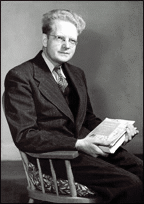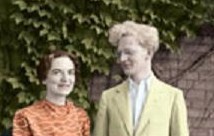
Today is the Fryes’ wedding anniversary: their fifth in 1942 and their thirteenth in 1950.
1942:
A bad double feature at the movies (Through Different Eyes and Rings on Her Fingers) — complete with annoying gender stereotypes — leaves Frye in a mood to address “the war of the sexes”:
[77] People are human beings first and men and women afterwards. Their bodily functions are different; their environments are different, though the difference in this century has been greatly decreased. So there may be generalizations of the ‘men are like this whereas women are like that’ kind which may have some hazy and approximate truth. I don’t know. Men’s conversation is more abstract & less personal than women’s, but whether that’s an accident of training or an essential sexual trait I don’t know. I do know that the kind of mind that thinks along these lines of facile anitheses is a dull & tiresome mind. It betrays a fixation on sex-differences which is mere adolescence, & in an adult unhealthy.
1950: A very hot day of shopping in Boston. Then an anniversary dinner:
[570] We went to the Bella Vista for dinner, which Dick Ellmann had recommended as the best place in town, but it wasn’t any hell — not nearly as good as the Viennese place. However, it was all right, though we were outdoors on a roof under an umbrella, and I’d have done better in an air-conditioned interior [because of hay fever]. Beside us was a young man who’d just got his Ph.D and was celebrating. His conversation got louder with his drinks & was a mixture of of cultural & personal remarks that, considered as a pattern, gave me quite an insight into the Harvard level of student sophistication, though it’s difficult to say just what it was.
Tomorrow: an enigmatic reference to the Vicar of Bray; hay fever as psychosomatic illness?
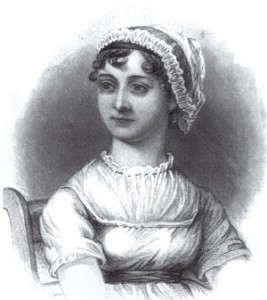
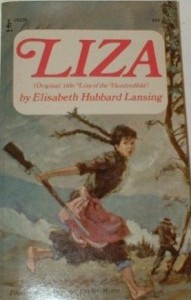
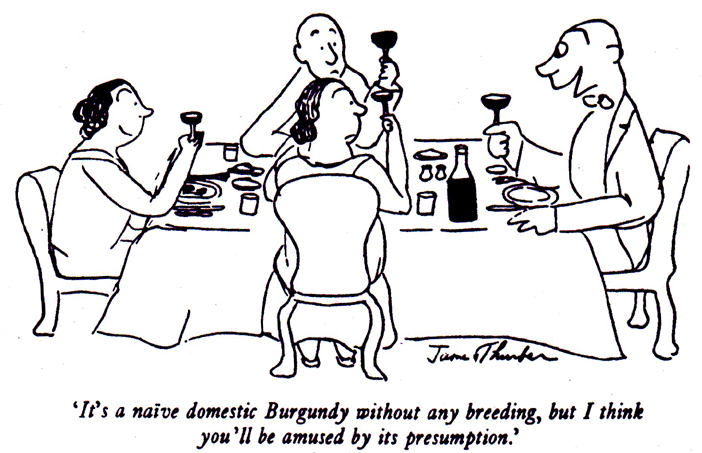 1942
1942